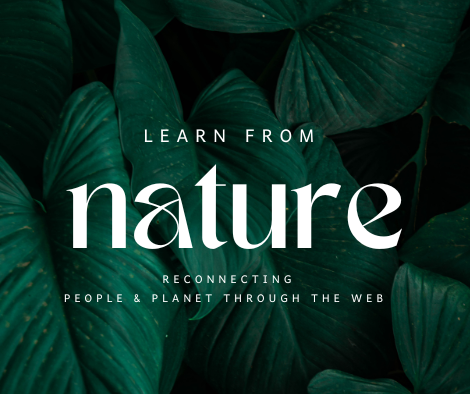Monday December 27th was “Visit a Zoo Day” ….. here are some thoughts about the worthiness- and some of the problems- about the “zoological park” ( zoo )
“If animals are your passion then Visit the Zoo Day gives you a great opportunity to really get close to some of the most intriguing and engaging species on the planet.
Negatives…
Some people think of zoos only as cruel prisons where countless animals are kept, bored and with little space to move, let alone roam…. ‘Who is watching who?’ is the question often asked
What are the arguments for NOT having zoos?
Zoos have their problems. Not all zoos are created equal. Some are clean and well staffed, others aren’t. There are some in the richest cities in the world, and there are some in conflict zones. What this means is that not all zoos have the resources to properly care for the animals they house. And for many critics, no amount of education or research justifies keeping animals captive. That captivity can be REALLY bad for both physical AND psychological health. And while zoos have been really helpful is saving endangered animals, it doesn’t work out for certain species. For example, most large carnivores like lions and tigers that are bred in captivity die when released into the wild. It turns out that they haven’t developed the natural behaviors they need when they’re out on their own and have to fend for themselves.
Positives…
These days zoos are at the forefront of much of the research which goes on into animal behaviour and how best to protect vulnerable animals from extinction. Many zoos have breeding programmes running, where they work with other facilities around the world to increase the numbers of endangered populations.
What are the arguments in favor of having zoos?
Zoos may be great entertainment, but their big goal is to educate the public about wildlife and what we can do to protect them. Zoo animals are sort of like ambassadors for their counterparts in the wild. Zoos also contribute to scientific research. “Zoo” is short for zoological park, and zoology is the scientific study of animal biology and behavior. In addition, zoos work really hard to save animals that are threatened in the wild. Zoos can take at-risk animals, breed them in captivity, and then reintroduce them back into the wild.
~~~~~~~
If we can teach people about wildlife, they will be touched. Share my wildlife with me. Because humans want to save things that they love.”
– Steve Irwin
With our world changing at a rapid pace, zoos are becoming more and more relevant and critical to the survival of wildlife.
Steve always said, if he could introduce people to wildlife, then maybe they would fall in love, and maybe, just maybe, they would want to help us save it. Here at Australia Zoo, we pride ourselves on being a world-class zoological facility and we take our role in the world of conservation very seriously.
We maintain our commitment to conservation in many ways, including through educational programs, breeding programs, field research, media campaigns and advice to governments and peak bodies.
Australia Zoo
~~~~~~
Born Free Zoo Check
Zoo Check
Born Free USA works tirelessly to fight wild animal captivity but, because our resources are limited and there are so many hundreds of facilities that keep animals, we need you to help us monitor conditions in wild animal facilities.
With our Zoo Check program, members of the public can help us track abuses and substandard conditions suffered by animals in zoos, aquaria, circuses, or other places that exhibit animals.
https://www.bornfreeusa.org/campaigns/animals-in-captivity/zoo-check/
British association of Zoos & Aquariums https://biaza.org.uk
Zoo & Aquarium Association of Australasian https://www.zooaquarium.org.au
European Association of Zoos & Aquariums https://www.eaza.net



